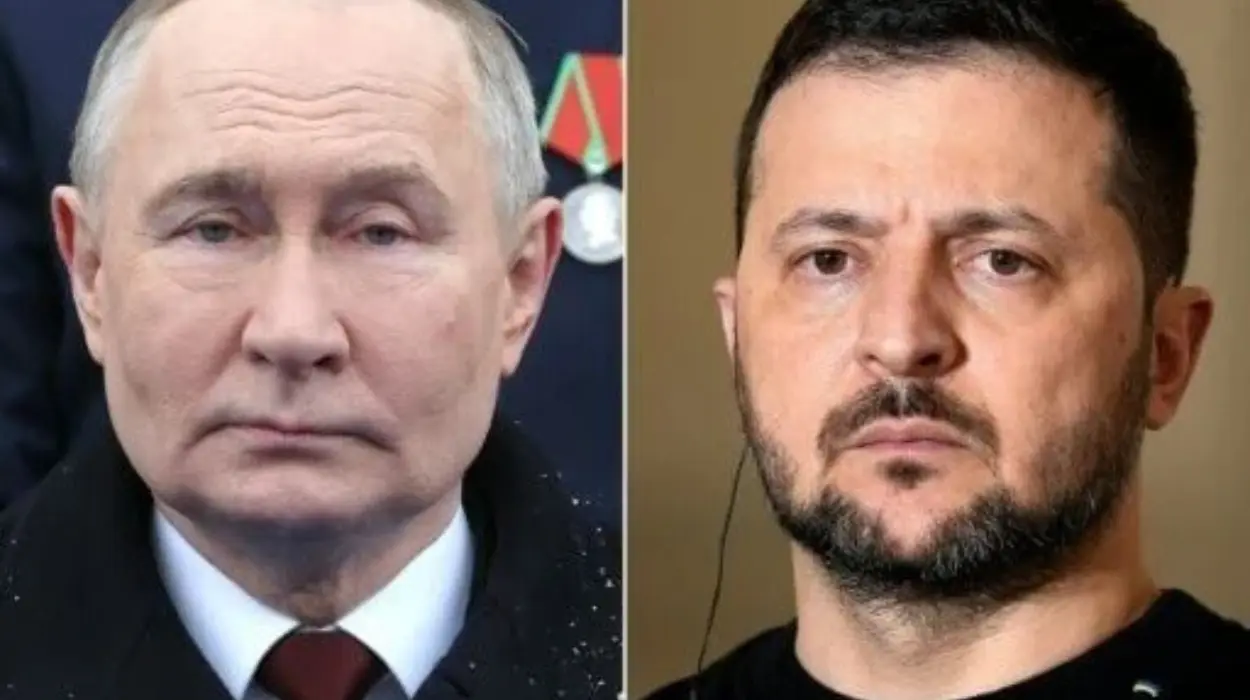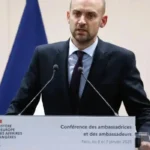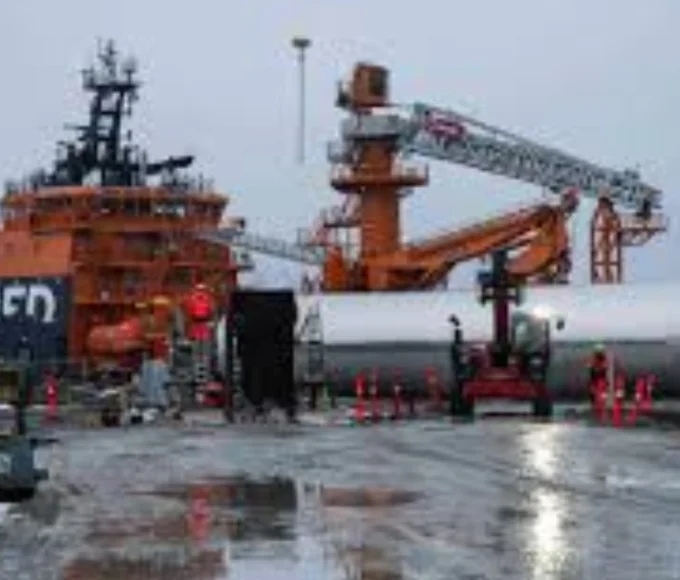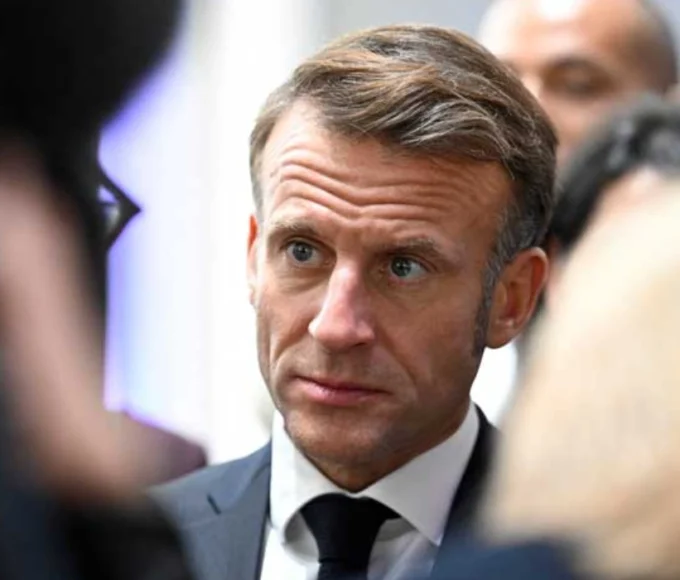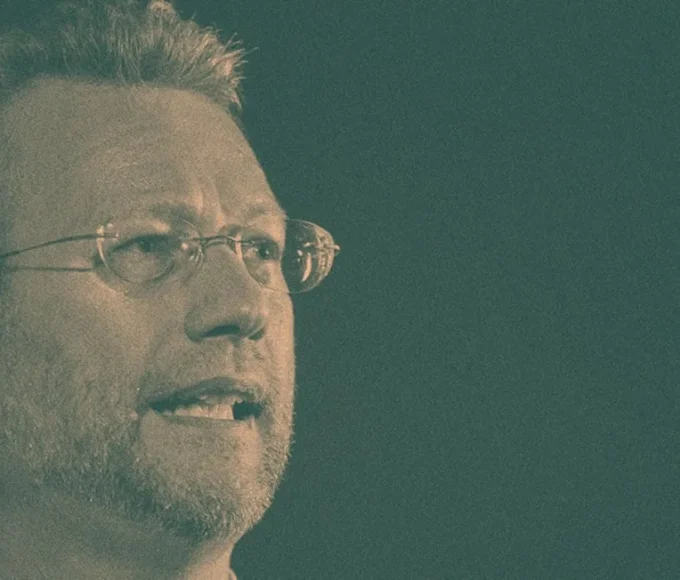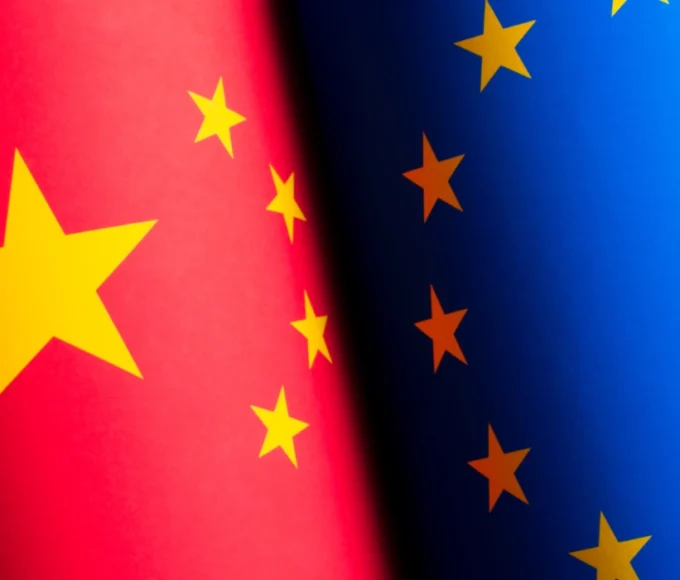US President Donald Trump has expressed interest in attending peace talks between Ukraine and Russia, which are potentially set to take place in Istanbul, Turkey. Speaking to reporters at the White House, Trump stated that he was “thinking” about traveling to Turkey if he believed his presence could help facilitate a peaceful resolution to the ongoing conflict. These talks, if they happen, would be the first direct negotiations between Ukrainian and Russian officials since the early stages of Russia’s invasion of Ukraine in 2022.
Ukrainian President Volodymyr Zelensky has confirmed his willingness to participate in the talks, saying earlier that he was open to “direct and substantive negotiations with Putin.” Zelensky added that he was ready for personal discussions with Russian President Vladimir Putin to reach a peace agreement. Turkish President Recep Tayyip Erdogan also voiced support for the peace talks, offering to host the meeting in Istanbul and urging both sides to seize the “window of opportunity” for a ceasefire and a potential settlement.
Read also: Asia Ramps Up Climate Action Amid Record Heat, ESG Reforms, and Global Climate Partnerships
Humanitarian Crisis and the Need for Peace
The urgency for peace talks has been driven by the dire humanitarian situation in Ukraine. Since Russia’s invasion in February 2022, tens of thousands of people have died, and millions have been displaced from their homes. Russia currently controls about one-fifth of Ukraine’s territory, including the Crimean Peninsula, which was annexed in 2014. The war has led to significant suffering, with ongoing shortages of food, water, and medical supplies in the affected areas.
As the humanitarian crisis worsens, Zelensky has reiterated his commitment to peace talks. On Monday, after a call with Erdogan, he reaffirmed that Ukraine was ready to engage in direct talks with Russia to resolve the conflict. However, despite Zelensky’s openness to negotiations, the Kremlin has remained silent regarding President Putin’s potential participation in the Istanbul talks. Kremlin spokesperson Dmitry Peskov, when asked about Russia’s involvement, simply stated that Moscow is focused on seeking a “serious search for ways to achieve a long-term peaceful settlement,” without further elaboration.
Russia’s Stance on the Conflict and Ceasefire Proposal
The Kremlin has shown resistance to external pressure for a ceasefire. In response to calls for a 30-day ceasefire proposed by Ukraine and its allies, Peskov criticized the language of ultimatums and emphasized that Russia cannot be approached with such demands. He stressed that any direct talks between Ukraine and Russia must address what Moscow refers to as the “root causes” of the conflict, which include issues such as NATO expansion and the protection of Russian speakers in Ukraine’s east. These reasons have been cited by Russia as justifications for the invasion, though they have been rejected by Kyiv and the West, who view the invasion as an imperialistic land grab.
Despite the obstacles, the idea of direct negotiations between Ukrainian and Russian leaders has gained support within the European Union. EU leaders, including French President Emmanuel Macron and German politician Friedrich Merz, have welcomed the possibility of talks but insisted that a ceasefire agreement must precede them. Germany has further warned that if Russia does not agree to the proposed ceasefire by the end of Monday, it could face new sanctions.
The Impact of the Proposed Talks
The potential talks in Turkey could represent a significant step toward ending the war, as direct contact between the two warring sides has been extremely limited since the early days of the conflict. Previous talks held in Istanbul in March 2022 failed to result in any meaningful agreement, but the current situation is more dire, with many people in Ukraine living under the threat of famine and continued violence.
While Russia’s silence on Putin’s attendance remains a key issue, global allies of Russia, such as China, have called for a “binding peace agreement” that would be “acceptable to all parties.” China’s involvement in the peace process has raised concerns that it may play a role in pushing for a resolution that serves its geopolitical interests, particularly in maintaining its influence over Russia.
Conclusion: The Path to Peace
As President Trump contemplates joining the peace talks, the focus remains on whether the warring sides will engage in meaningful negotiations. While Ukraine and its allies have expressed hope for a resolution, the Kremlin’s resistance to external pressures and its refusal to commit to a ceasefire leave the future of the peace process uncertain. The coming days will be critical in determining whether the proposed peace talks in Turkey will lead to a breakthrough or if the conflict will continue to escalate.
This article is originally published on : tiogapublishing


